PYAR KE SADQAY
Pyar Ke Sadqay is a 2020 Pakistani drama television series premiered on 23 January 2020 on Hum TV.
The serial is about the story of Abdullah (Bilal Abbas)
and Mahjabeen(Yumna Zaidi) who are social misfits.
Mahjabeen’s character is that of an ingénue. Mahjabeen is a naïve, quirky,
clumsy, carefree, overtalkative, and mischievous young woman who has failed the
tenth-grade multiple times. She is very innocent and fails to pick up on certain
social cues. Presumably, she has a lower-middle-class family background.
Abdullah is a shy, nerdy, soft-spoken, and socially awkward/out-of-place
university student who is gifted in mathematics. He comes from an affluent
upbringing and has been verbally abused by his stepfather, Sarwar (Omair Rana).
Both protagonists are daydreamers with different aspirations; Mahjabeen
fantasizes about escaping from her studies and getting married one day, while
Abdullah dreams about a relationship with his crush and classmate, Shanzey (Yashma Gill).


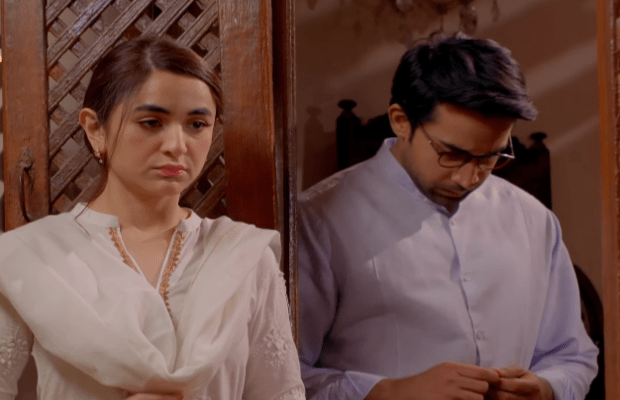
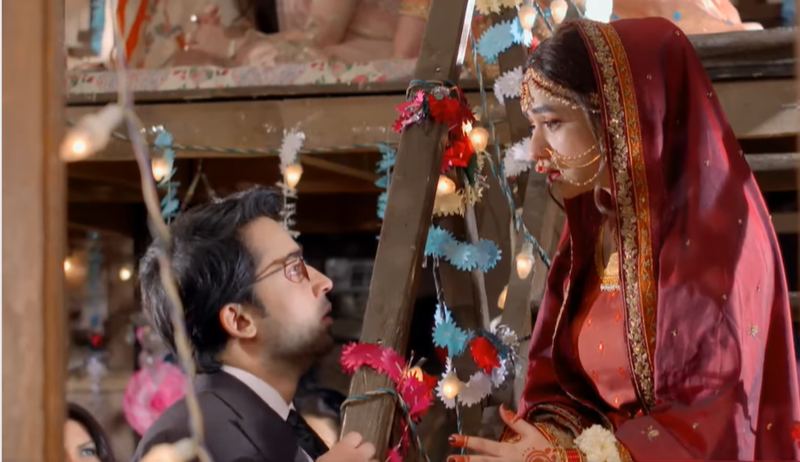
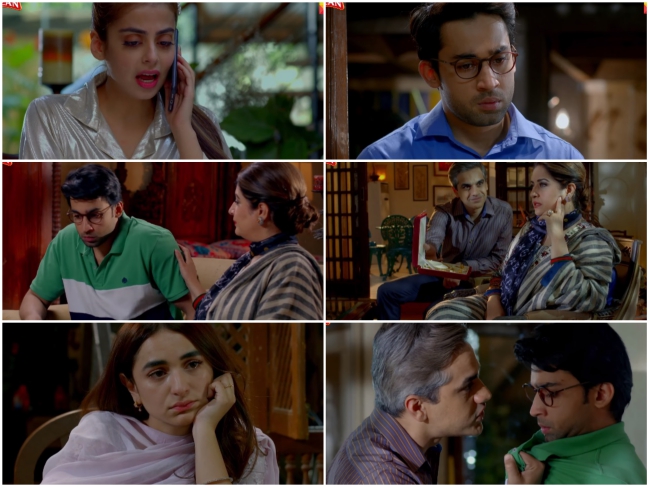
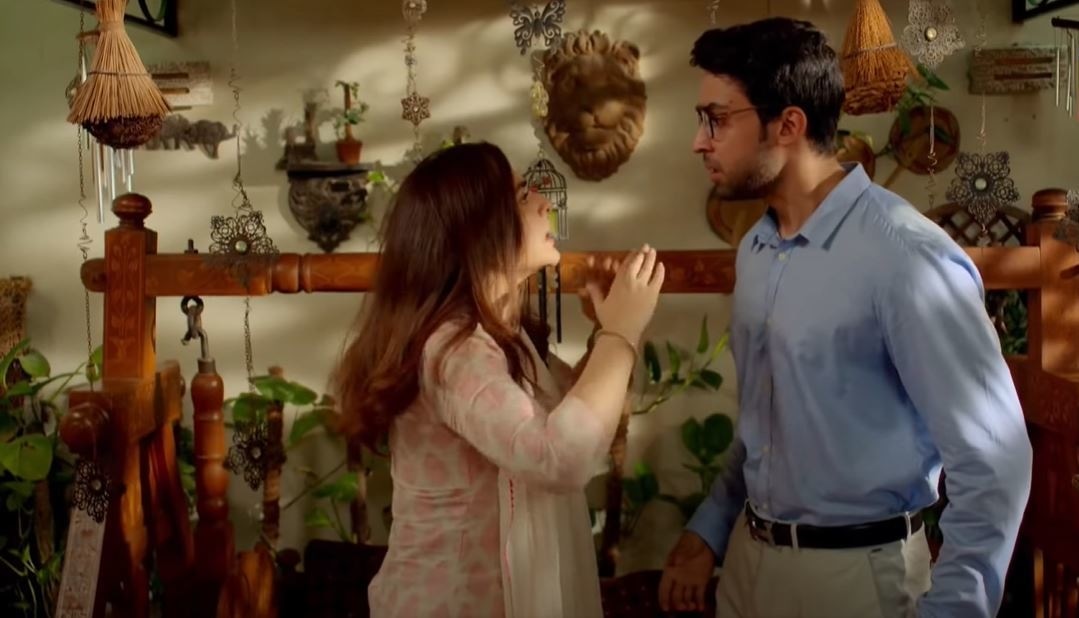
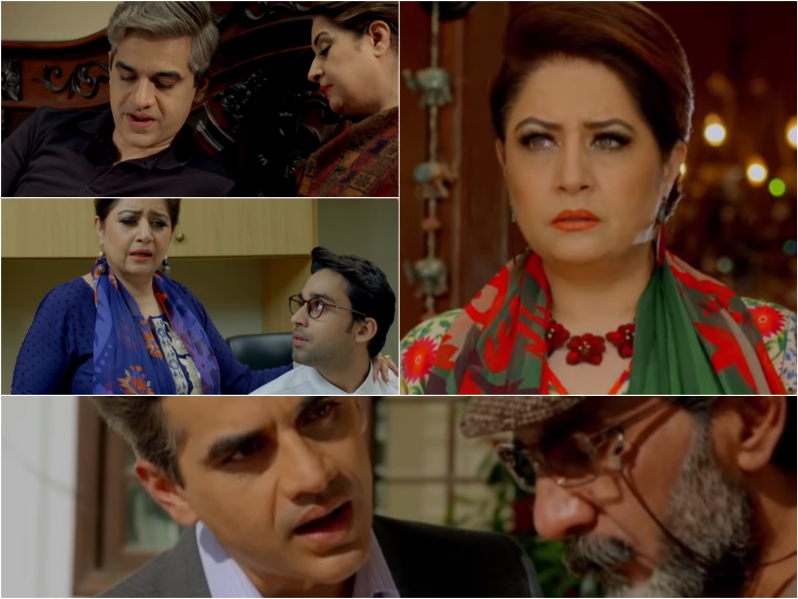
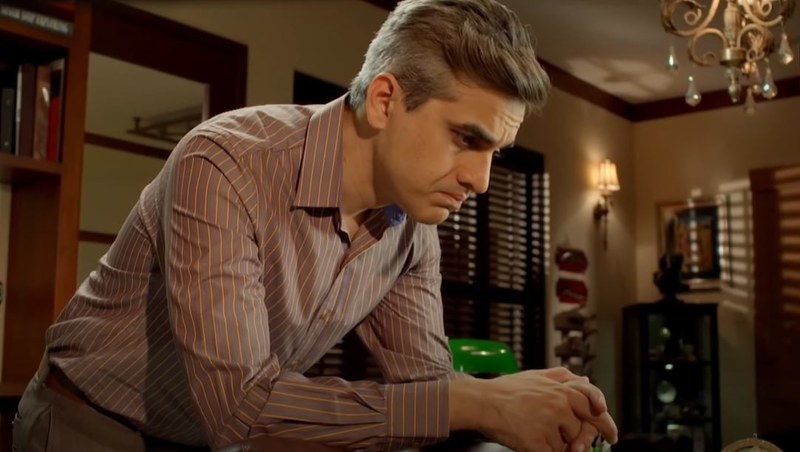

Mahjabeen
and Abdullah know each other through her father, Munshi Jee, who works for
Abdullah’s family and their business. Mahjabeen teases Abdullah on occasion and
they are acquaintances at the beginning of the series. Early in the series,
Sarwar becomes smitten with Mahjabeen and plots to pursue her romantically.
After both protagonists get rejected by their interests (with Mahjabeen’s
fiancé eloping with her best friend on her wedding day and Abdullah’s crush
rejecting his proposal), Abdullah marries Mahjabeen on the spot. He does this
out of pity. This angers Sarwar, and he secretly plots to ruin the gullible
Abdullah’s relationship with the ever-so innocent Mahjabeen. The plot twists
and Sarwar tries to marry Mahjabeen by false means. Mahjabeen tells about
Sarwar to Abdullah who is now confused. He sends her back home on the
account of his father's insult.Munshi Jee gets arrested on the order of Sarwar,
and has a heart attack and dies after asking Washma Abdullah's younger sister,
to take care of Mahjabeen as she is very innocent. Washma is a confident girl
unlike her brother Abdullah as she grew up with her aunt Lala Rukh instead of
lurking with Sarwar. Abdullah proceeds to marry Shanzay after she attempts
suicide. Sarwar threatens Mahjabeen and her mother but she cuts the call on his
end. Washma takes Mahjabeen to the hospital where she is revealed to be
pregnant. Washma explains to her mom Munshi ji was innocent and was tied in a
plan plotted by Sarwar. Abdullah and Washma's mom then tells her son to take
over their company. Now their mom leaves Sarwar. Abdullah realizes Mehjabeen is
his true love and breaks up with Shanzey. The serial ends with Abdullah brining
Mehjabeen home, Sarwar ending up in the jail and the last scene is of Mehjabeen
and Abdullah quarreling.

Although
I loved the serial, story has been dragged too
much. In the beginning, the story seems promising and makes the audience
curious about the story but in the middle of the story makes too lengthy and
draggy. The serial could have been completed in the 25 episodes but went to 30
episodes.

While the
story was realistic, the treatment given to the drama was fairytale-like right
from the beginning. The number one reason why Pyar Ke Sadqay did not
just grow on me but I also fell completely and utterly in love with it within a
few weeks was the characterizations. We have never seen such a true
depiction of people with learning disabilities or those who have been shunned
all their lives. Abdullah and Mahjabeen were two of the most beautifully flawed
and brilliantly layered characters.

It was
Yumna Zaidi’s captivating performance which kept me enthralled in the first few
episodes. Mahjabeen literally ran the show in the initial episodes. Later on,
Abdullah’s track also became more interesting. Bilal Abbas Khan’s impressive
performance throughout continued to be the best part of this drama right till
the end. Even though the lack of character development was off-putting towards
the end but Bilal Abbas’ performance never disappointed. As someone who has
been closely associated with people like Mahjabeen and Abdullah, I would give
the writer and these actors tons of credit for doing justice to the outstanding
characters which hardly ever get the kind of attention they deserve. Zanjabeel
Asim Shah’s understanding of these characters and the way she effectively blend
comedy with well-thought-out scenarios is much appreciated.

The love
triangle in the last few episodes was stretched and mostly unconvincing.
Shanzay’s character was confusing and Yashma Gill’s performance was just plain
annoying. All the other characters always made perfect sense and were
translated on screen superbly. Washma and Pho’s characters made up for
Shanzay’s desperation and Mansoora’s vulnerabilities. The beauty of Pyar Ke
Sadqay lied in the fact that it offered a variety of characters, it was inventive
and fascinating in its own way. Even when the story was being stretched and I
wanted to see the drama ending, there was always something interesting to talk
about after every episode. There wasn’t a single episode which was pointless,
there were some that were slow but each episode added something or the other to
the story.

Special
shout out to Srha Asghar for breathing life into Washma’s character and making
us fall in love with her. It is rarely ever that a supporting character is as
attractive as Washma was. Sharmeen Ali’s poised demeanor went so well with the
character she played. Atiqa Odho and Omair Rana were equally impressive in
their respective roles. Atiqa Odho performed especially well in the last few
episodes. Omair Rana truly outdid himself as Sarwar. Sarwar’s conversations
with his mother wouldn’t have been as amusing and insightful if it wasn’t for
the on-screen chemistry between Gul-e-Rana and Omair Rana.

Bilal
Abbas Khan and Yumna Zaidi will always be remembered as one of the most unusual
and appealing on-screen couples we have seen in recent dramas. Even with all
the ups and downs, the viewers wanted to see them together in the end. Pyar Ke
Sadqay was definitely the kind of drama you get lost in. It was a well-told
story overall that would have been faultless had it not been stretched. I still
feel that Shanzay’s track was the worst part of an otherwise superb drama.

Comments
Post a Comment